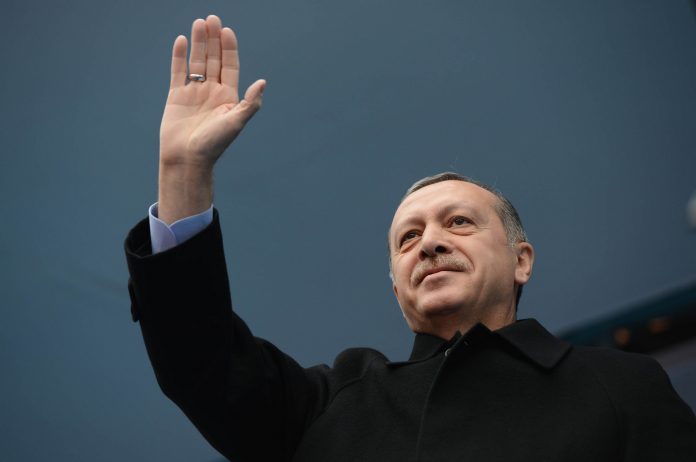Turks will head to the polls on June 24 to pick the country’s next president – more than a year ahead of schedule. The vote was not due until November next year, but President Recep Tayyip Erdogan on April 18 called snap presidential and parliamentary elections.
“Even though the president and government are working in unison, the diseases of the old system confront us at every step we take,” Erdogan said in a speech broadcast live on television.
The election will be the first after last year’s referendum approved a change to the constitution and creation of an executive presidency.
As reported by Deutsche Welle (DW), the small Nationalist Movement Party (MHP) nationalist party headed by Devlet Bahceli is believed to have supported the call for the early vote. It had argued that it would be difficult for Turkey to “endure current circumstances” for another 18 months. The MHP cited economic risks and possible increases in migration into Turkey.
“As result of consultations with Mr. Bahceli, we decided to hold elections on June 24, 2018, a Sunday,” said Erdogan, standing in front of Turkish flags at the presidential palace. “Developments in Syria and elsewhere have made it urgent to switch to the new executive system in order to take steps for our country’s future in a stronger way,” he said.
“Be it the cross-border operations in Syria, or incidents of historic importance centred in Syria and Iraq, they have made it imperative for Turkey to overcome uncertainties quickly,” added Erdogan.
Meanwhile, Turkey’s parliament voted on April 18 to extend the state of emergency for the seventh time since the failed coup of July 2016. It will continue for a further three months and be in force for the elections.
In a separate report, The Guardian noted that experts and observers say the early elections are meant to get ahead of the effects of economic troubles. An ongoing steep fall in the value of the Turkish lira, coupled with warnings of an overheating economy and a widening current account deficit, threaten the popularity of the AKP, which has often banked on a healthy and growing economy as a key element of its popular strength.
Also, early elections may also leave Erdogan with a limited field of competitors. The main secularist opposition bloc, the Republican People’s party (CHP), has failed to win successive elections for 16 years and struggles to field credible presidential candidates. Selahattin Demirtaş, the charismatic leader of the pro-Kurdish People’s Democratic party (HDP) has been in prison for over a year and his party has been decimated by arrests of mayors, cadres and MPs, with lawsuits stripping the latter of their immunity.

